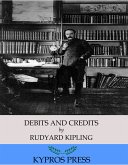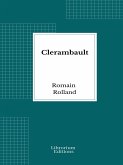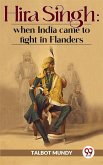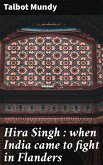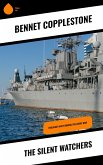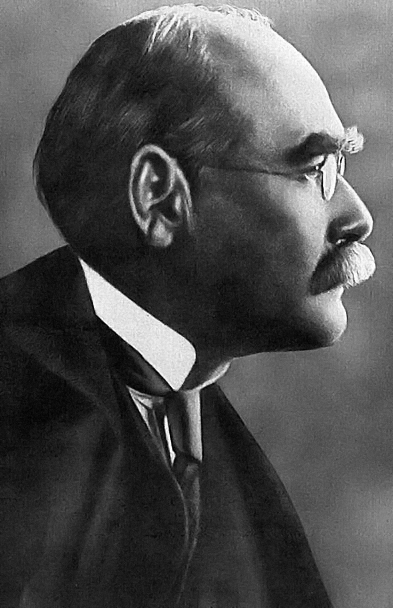It is narrated (and God knows best the true state of the case) by Abu Ali Jafir Bin Yakub-ulisfahani that when, in His determinate Will, The Benefactor had decided to create the Greatest Substitute (Adam), He despatched, as is known, the faithful and the excellent Archangel Jibrail to gather from Earth clays, loams, and sands endowed with various colours and attributes, necessary for the substance of our pure Forefather's body. Receiving the Command and reaching the place, Jibrail put forth his hand to take them, but Earth shook and lamented and supplicated him. Then said Jibrail: "Lie still and rejoice, for out of thee He will create that than which (there) is no handsomer thing-to wit a Successor and a Wearer of the Diadem over thee through the ages." Earth said: "I adjure thee to abstain from thy purpose, lest evil and condemnation of that person who is created out of me should later overtake him, and the Abiding (sorrow) be loosed upon my head. I have no power to resist the Will of the Most High, but I take refuge with Allah from thee." So Jibrail was moved by the lamentations and helplessness of Earth, and returned to the Vestibule of the Glory with an empty hand.
Dieser Download kann aus rechtlichen Gründen nur mit Rechnungsadresse in A, B, BG, CY, CZ, D, DK, EW, E, FIN, F, GR, HR, H, IRL, I, LT, L, LR, M, NL, PL, P, R, S, SLO, SK ausgeliefert werden.




